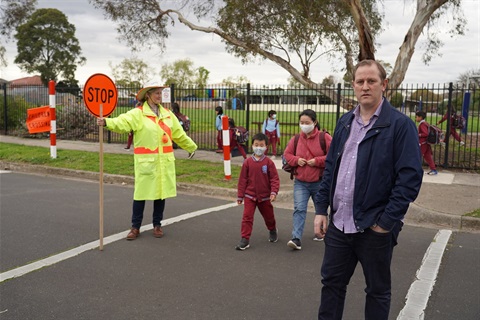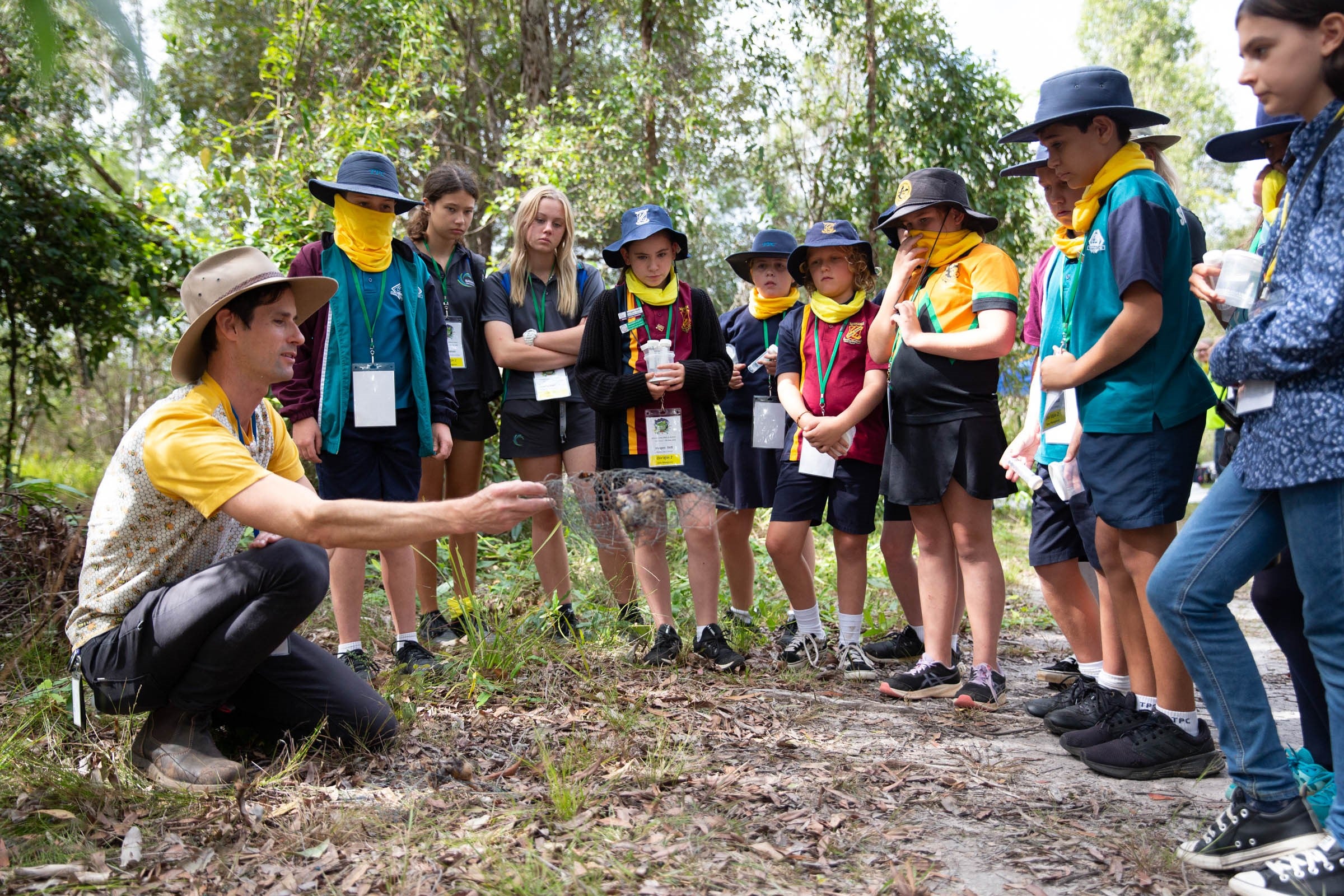
Councils across Victoria continue to call for an urgent review of Victoria’s school crossings system as a new survey finds that 97 per cent of councils have unsupervised crossings, potentially putting school children at risk.
The survey of 40 councils revealed a school crossing system in crisis across the state, showing:
- 82 per cent of councils regularly face crossing supervisor staff shortages, and
- 87 per cent consider the system no longer fit for purpose
Monash Mayor Stuart James is leading the campaign to fix the broken program on behalf of the 25 Councils that have signed on to the campaign and the Municipal Association of Victoria.
“The safety of children attending school should be one of our highest priorities, and I’m disappointed the Victorian Government isn’t willing to work with Councils to achieve this.”
“Children are among our most vulnerable road users and it’s crucial we get the best school crossing supervisor program possible to ensure they are safe.”
“School crossing supervisors are highly valued, well-known, popular, and respected community who provide support for students walking or riding to school and help with traffic congestion issues.
“But the system is broken. In 2016 the Victorian Government said needed a new model and , a review Councils welcomed.
“However, the review has not progressed, and Councils want to know more. We are calling on the Victorian Government to work with us to address this urgently.”
“I have asked the Victorian Minister for Roads and Road Safety to meet and discuss why this is so important to all 25 Councils but unfortunately the Minister has declined this opportunity,” Cr James said.
Cr James said the review would need to look at why the system is failing, the funding model, and how to recruit and retain supervisors.
“The Victorian Government needs to honour their commitment to a review and work with Councils to fix this.”
“When the program began in the 1970s, it was a 50/50 shared model of funding between Councils and the Victorian Government. It is now closer to 70/30, with the burden of the program resting with Councils, even though education is a state responsibility.”
“This program needs a complete overhaul. It is more than 50 years since the program was introduced, at a time when rate capping didn’t exist, and it is time to look at how we can do it better and fairer,” Cr James said.
The survey shows that local councils manage a wide variety of situations.
“Some councils have fewer than 10 school crossings to manage and others have more than 100. There is no one size fits all but almost 90 per cent of councils that responded to the survey said the system is no longer fit for purpose,” Cr James said.
Councils reported hidden costs to deliver the program, including uniforms, medical checks, working-with-children checks, training, program co-ordination and administration.
“One council surveyed said that council officers often had to fill in for crossing supervisors who called in sick, meaning other areas of work may go unattended.”
“The pandemic has undermined our ability to recruit school crossing supervisors. Only a thorough review coordinated by that includes both levels of government will provide the practical on-the-ground 21st century solutions the system needs.
“Now is the time for that review to finally happen, so we can fix the program and keep children travelling to school safe,” Cr James said.








